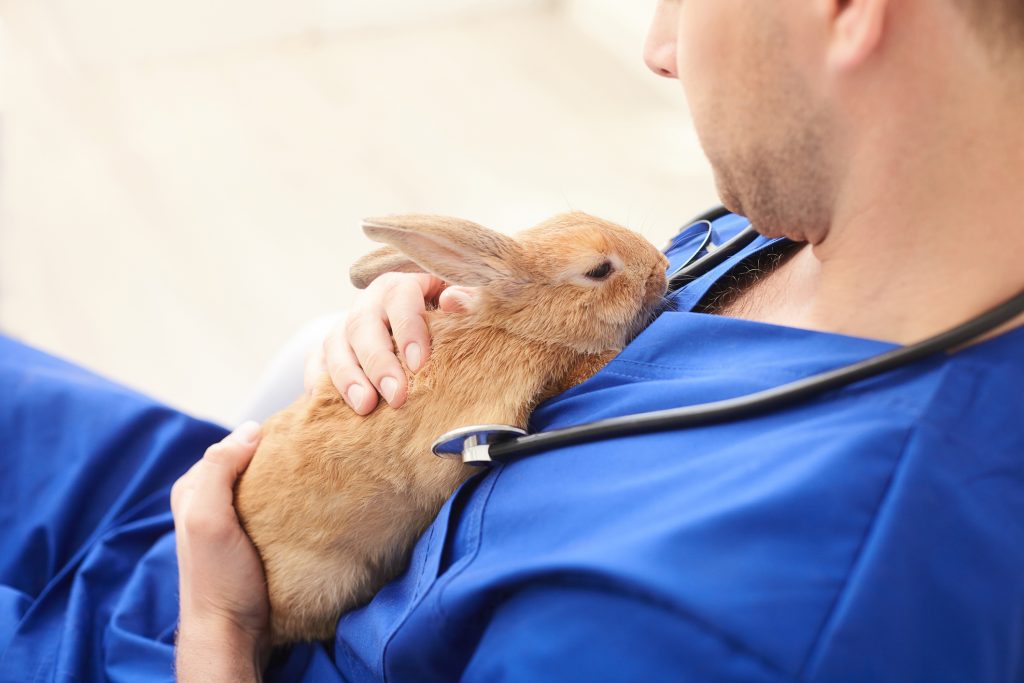When You Suffer, We Suffer: The Truth Behind Veterinary Staff Grief
 It’s safe to say that the vast majority of veterinarians and veterinary support staff chose their line of work because they love animals and find joy and satisfaction in caring for them. Knowing that we are playing a role in helping and guiding our patients and their families through tough times makes the long hours, and sometimes sleepless nights, more than worth it.
It’s safe to say that the vast majority of veterinarians and veterinary support staff chose their line of work because they love animals and find joy and satisfaction in caring for them. Knowing that we are playing a role in helping and guiding our patients and their families through tough times makes the long hours, and sometimes sleepless nights, more than worth it.
But, like most things in life, veterinary medicine isn’t all puppies and kittens. There are the bad days, too, and having to bear witness to the loss of many beloved patients can take its toll on even the most cheerful among us. Veterinary staff grief is a real aspect of our profession, and deserves understanding and acknowledgement, in both our peers and our clients.
The Sad Reality
Veterinarians and veterinary support staff experience the death of our patients at a rate that is seven times higher than human physicians and medical staff. We share the death of each pet with their human family members, mourning the loss right alongside them.
This part of veterinary medicine is never easy, and when we have known a pet since they were young, and watched them grow alongside a family, our grief can be nearly as intense as the family’s.
Dealing With Compassion Fatigue Syndrome and Staff Grief
Like other caregiving professionals, our veterinary staff deals with death and dying on a daily basis. Although we are deeply committed to our life’s work of caring for the pets in our community, the daily stress involved in delivering bad news, seeing a pet suffer, and experiencing grief alongside our human clients takes its toll.
If not effectively managed, veterinary staff grief can lead to feelings of isolation, depression, and even physical ailments. We work diligently to make sure that our staff receives the tools and the support they need to continue to serve you each and every day.
We Understand And Are Here To Help
At Lone Tree Veterinary Medical Center, nothing is more important to us than making sure our patients have access to the highest quality health care possible and that they and their families are treated with the utmost respect throughout their time with us, including at the very end of life. As always, we are here to answer your questions and concerns. If you are struggling with the loss of a pet, please don’t hesitate to reach out to us; we are happy to help in any way we can, including directing to you to local and national pet loss resources.



